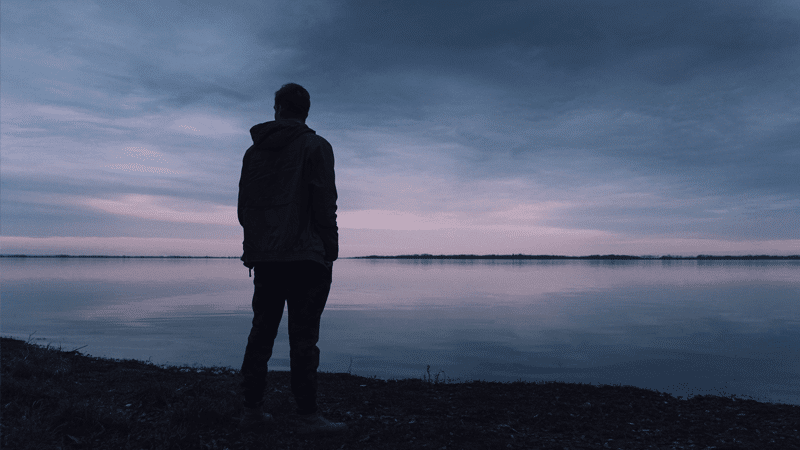A clinic in south London aimed at combatting the rise of cannabis psychosis is making strides in helping people recover.
Dr Marta Di Forti, a professor of drug use, genetics and psychosis at King’s College London, established the clinic in 2019 when she realised the “ridiculous” number of psychosis patients who were also cannabis smokers.
South London has the highest levels of psychosis in Europe, much of which is linked to cannabis. While use of the drug is declining in England and Wales, Dr Di Forti explained that people who are using tend to take the drug more frequently, and at higher potencies than before.
Unrecognisable
Isiah, 29, who is on the waiting list for the clinic, but has regular phone check-ins, shared how he became paranoid while using cannabis, and had to be rescued from jumping from a building.
He first tried the drug at 14 and was using it daily by the age of 17, which only increased when he went to university, “because this is how you meet people”.
His mum Nicci describes cannabis as a “king” in her son’s life: “It’s ruling everything. It’s there every day.”
She said “I just didn’t recognise my son”, and urged: “He has to come off it.”
‘Thinking I was God’
Katie, 46, first tried cannabis at eight years old and was using it daily by age 12. She described it as “self-medicating”.
She recalls hearing “intrusive, commanding voices” from a young age, that told her “to beat people up, stab people, to try and kill myself”.
Between the ages of 20 and 40 she was sectioned 50 times, and explained that she was first admitted to hospital after “running down the Old Kent Road wearing fluffy pyjamas and nothing on my feet at 2am thinking I was God.”
She said: “My paranoia was so bad I couldn’t get on a bus or a train, could barely get out of bed and leave my house at my worst”.
However, after attending the clinic she is able to properly sleep, eat, and travel again: “I wouldn’t say I’m better, but I’m a lot healthier – I’m able to do a lot more”.
Wasted opportunity
The clinic has seen 74% of patients who completed the treatment stop using cannabis, and 91% are back into education or work.
However, there is a months-long waiting list for one-on-one sessions which Dr Di Forti described as “a huge wasted opportunity”.
She said the delay means “The chances of them getting a severe presentation of their psychosis and needing hospital admission is between three and four times greater.”
More available and more potent
Dr Di Forti noted that the increase in talk of medical cannabis has impacted the way people perceive the drug: “‘If cannabis is medicinal it can’t be too bad’: this is something I get all the time from my patients”.
Dr Diego Quattrone, who runs the psychiatric intensive care unit at University Hospital Lewisham in south London, reported that at least 80% of new patients at the unit use cannabis. He explained that daily use of the drug is associated with “a distinct subtype of violence driven by psychotic symptoms, such as paranoid delusions and hallucinations”.
Dr Di Forti’s husband Sir Robin Murray, who is also a professor at King’s College London, commented: “As cannabis becomes more available, more potent, then we’re going to see more, more and more psychosis.”
He highlighted concerns over the societal impact even where the degree of psychosis is less, saying: “Those who are using a lot are more likely to be a bit paranoid. They’re not sufficiently paranoid to get admitted, but they’re sufficiently paranoid to quarrel with colleagues, to be suspicious of friends, to fight with their spouse.”
Top psychiatrist warns teenagers against ‘stewing brains in cannabis soup’
‘Children as young as 10 are using cocaine’, says Scots Cllr


